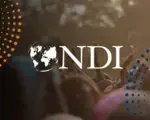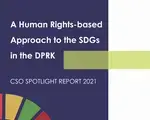Presidential Runoff
Displaying search results 1401 - 1410 of 5108

Referendum
2018 Peru Referendum

Presidential Runoff
2018 Georgia Presidential Run-off Election

Gubernatorial
Presidential
2019 Comoros Gubernatorial Elections

Presidential
2019 Slovakia Presidential Election

Presidential
2019 Afghanistan Presidential Election

Referendum
2019 Belize Referendum Election

Referendum
2019 Burkina Faso Referendum Election

Referendum
2019 Cuba Referendum Election


